Washington — The Supreme Court on Monday said it will not consider whether the online dating platform Grindr can be sued for sex trafficking and other offenses by a young user who was sexually assaulted by men he matched with on the app.
In turning away the case, the high court passed up a chance to examine the scope of Section 230, a powerful tool for online companies that immunizes them from civil lawsuits stemming from content posted by third parties. The Supreme Court has in the past been confronted with cases asking it to decide the parameters of immunity under Section 230, but it has skirted rulings that could have limited the legal shield.
Defenders of Section 230, which was enacted in 1996, have said that the law paved the way for online innovation and has allowed internet platforms both big and small to flourish. But critics have warned that courts have interpreted Section 230 too broadly, allowing social media platforms and other internet companies to escape accountability.
Among those calling for the Supreme Court to examine the bounds of Section 230 are Justices Neil Gorsuch and Clarence Thomas, who warned last year that social media companies have used the legal shield as a "get-out-of-jail-free card."
The Grindr lawsuit
The case dates back to 2019, when a 15-year-old boy living in Canada, identified in court filings as John Doe, downloaded Grindr and created a profile. Grindr did not verify his age, he said, and the app matched the boy with four adult men living in his area. Doe met the men in person, and was sexually assaulted and raped, according to court filings. Three of the four men were convicted for their crimes against Doe.
Doe filed a lawsuit against Grindr in 2023 for sex trafficking and other violations, including alleging that the app is defective because it recommends adults and children for in-person sexual encounters, which are illegal. He claimed that Grindr intentionally markets its app to children and allows them to create profiles without parental permission or supervision, despite knowing that the platform puts young people at risk.
Grindr sought to dismiss the case, arguing in part that Section 230 shielded it from liability because Doe's claims stemmed from the publication of content created by third parties.
A federal judge found Grindr was entitled to immunity under Section 230 and agreed to toss out the case, determining that the app's match function relies on third-party content generated by its users, namely their profile and geolocation data that is extracted from their phones.
The U.S. Court of Appeals for the 9th Circuit upheld the lower court's dismissal of Doe's case. The appeals court said Doe faulted Grindr for "facilitating communication among users for illegal activity" and failing to suppress matches and conversations between adults and children. Those actions, it said, would involve the platform's role as a publisher of third-party content.
Doe appealed to the Supreme Court and argued the federal courts of appeals are divided on how to interpret the scope of Section 230, particularly when it involves treating platforms as publishers, or whether the content is a third party's.
They said that for nearly three decades, courts have begun to expand the scope of Section 230 to provide sweeping immunity to online platforms.
"Section 230 was passed in 1995 to make the Internet safer," Doe's lawyers wrote in a filing. "Instead, it created a hunting ground for predators, and a goldmine for amoral companies who need not invest in providing safe products. Delay will guarantee more victims."
But lawyers for Grindr said Doe misrepresented his age in order to gain access to the platform, dooming his attempts to claim that Grindr knowingly engaged in sex trafficking since the app forbids minors from using it.
"At its core, this case involves user-to-user communications on an online platform, where Grindr's role was confined to providing the digital infrastructure for those interactions," they wrote in a filing to the Supreme Court.
Grindr's lawyers said that Section 230 protects it from liability for its decisions about user content, namely what to screen, block, publish or take down.
In 2023, the Supreme Court considered the scope of Section 230 for the first time, and specifically whether its protections extended to targeted recommendations of information. But the high court declined to address Section 230 directly in its decision and instead ruled on technical grounds.
The Supreme Court turned away another case involving Section 230 and the photo and video-sharing app Snapchat last year, which was brought by an unnamed teenager who alleged his science teacher used the platform to groom him and send him sexually explicit content.
Justice Anthony Kennedy on "Life, Law & Liberty"
Justice Anthony Kennedy on "Life, Law & Liberty"
(09:29)

.jpeg)

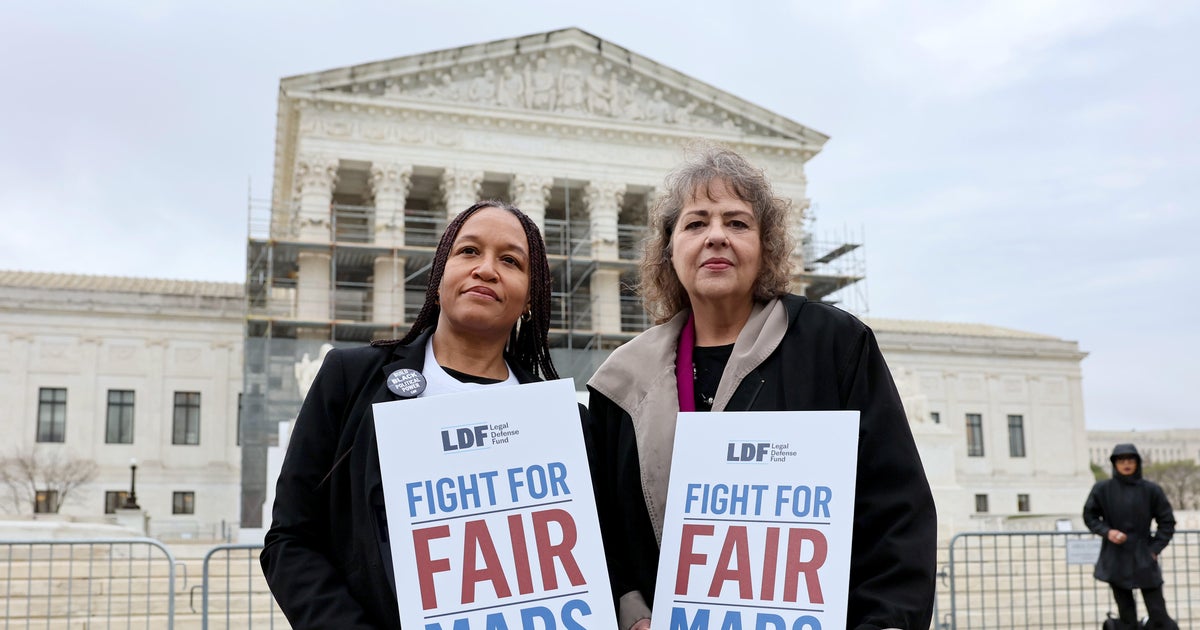







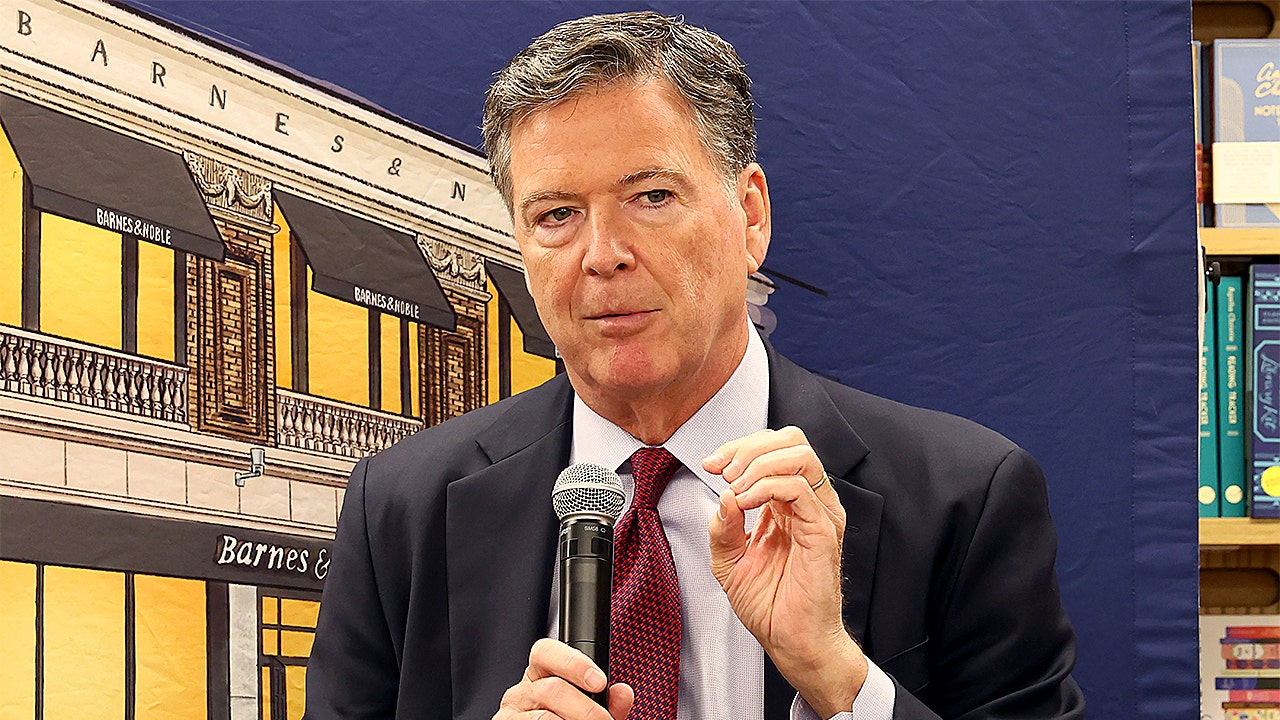
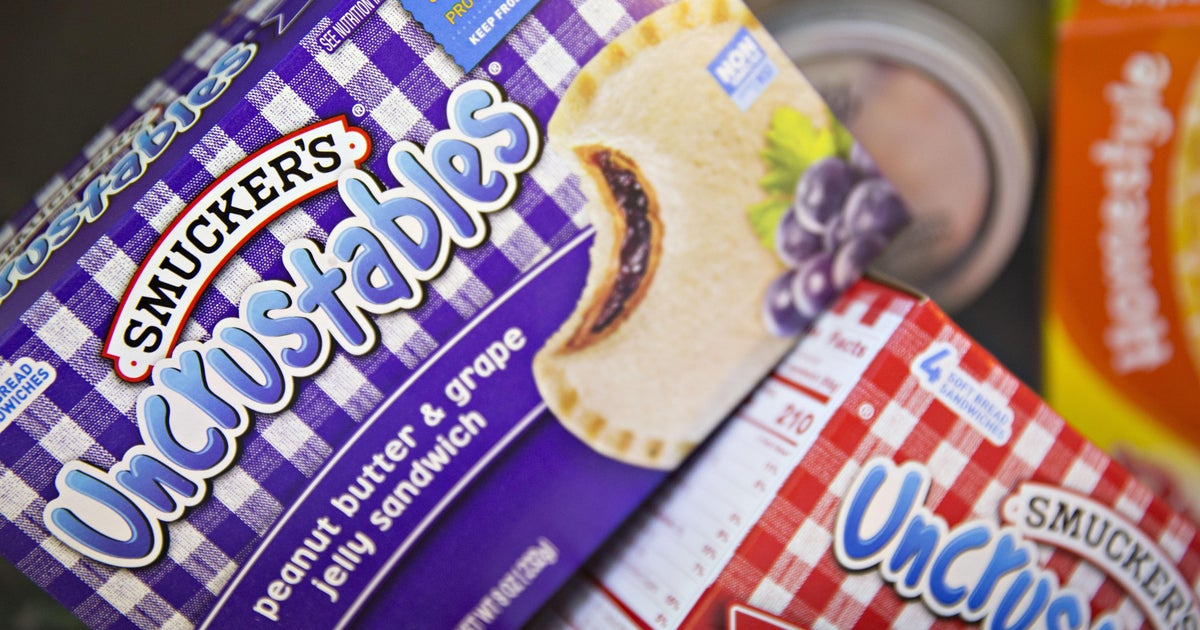

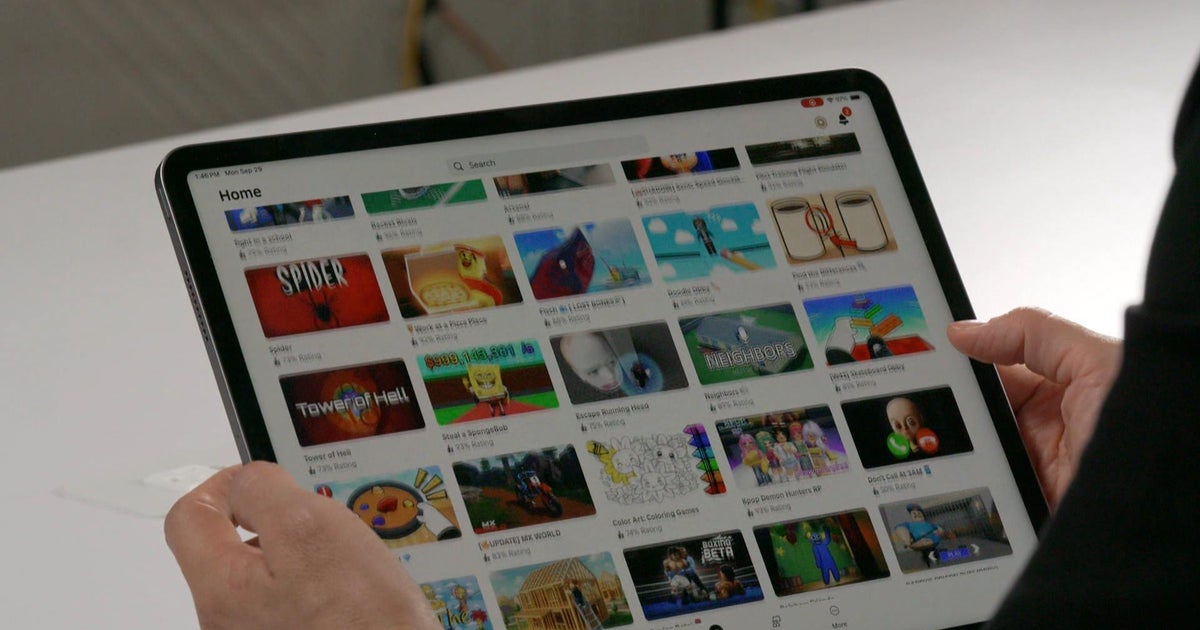
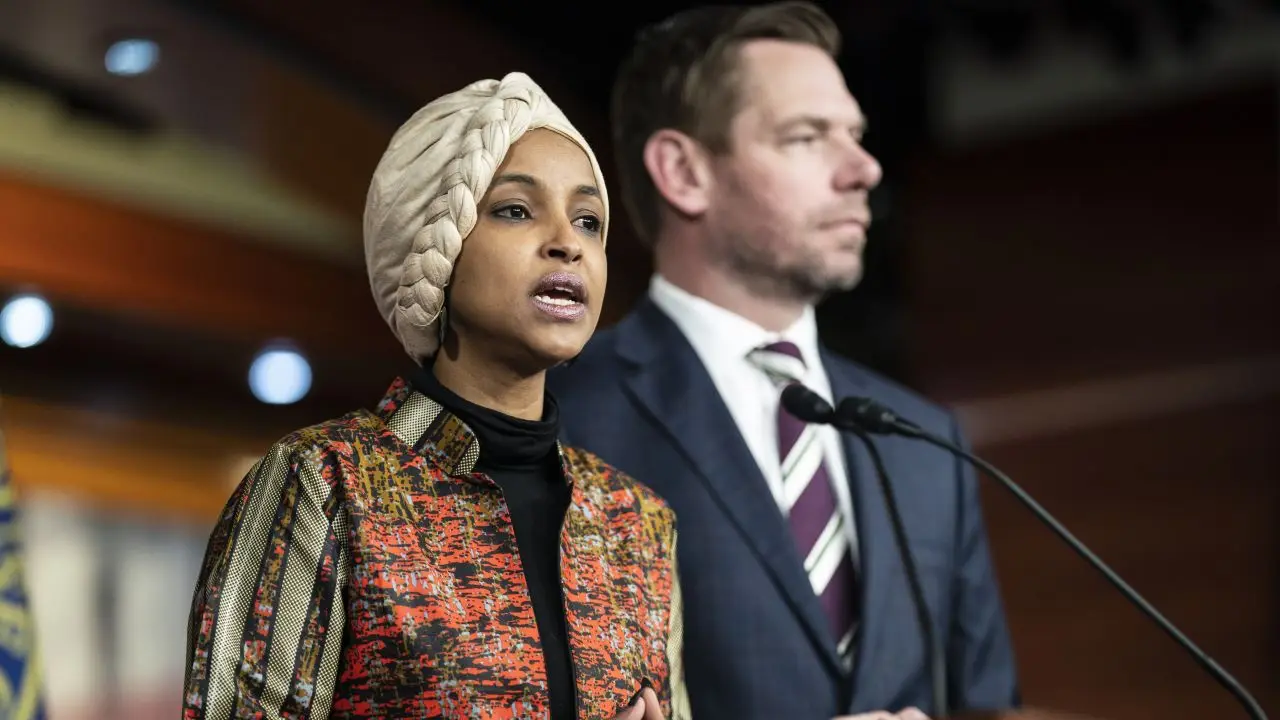
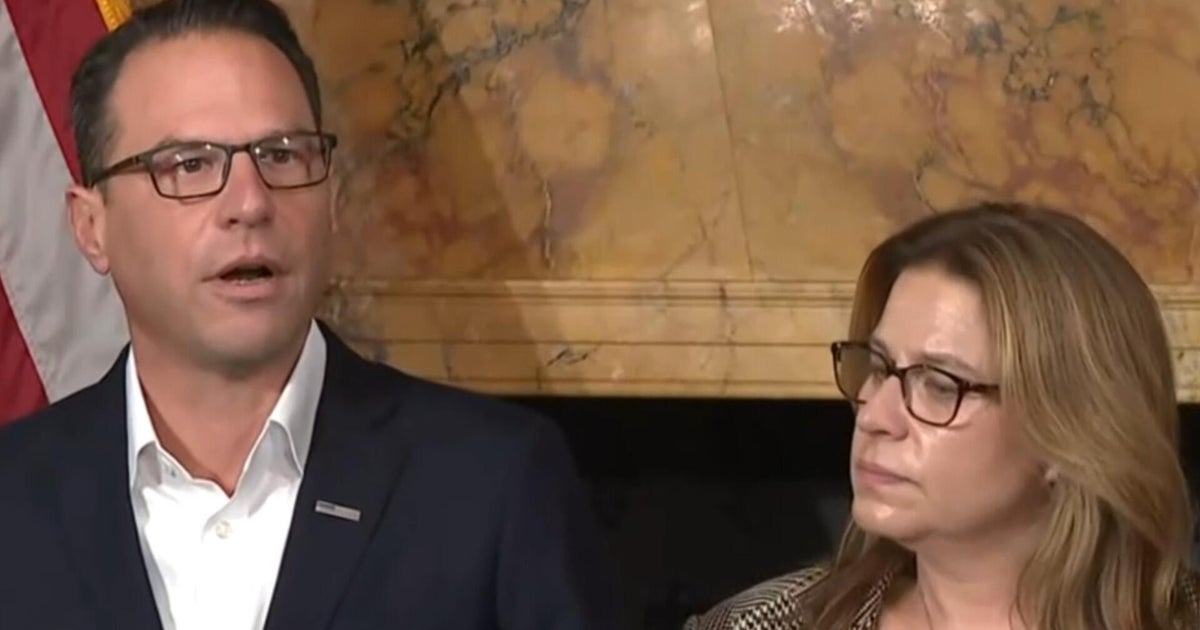



.jpeg)













 English (US) ·
English (US) ·